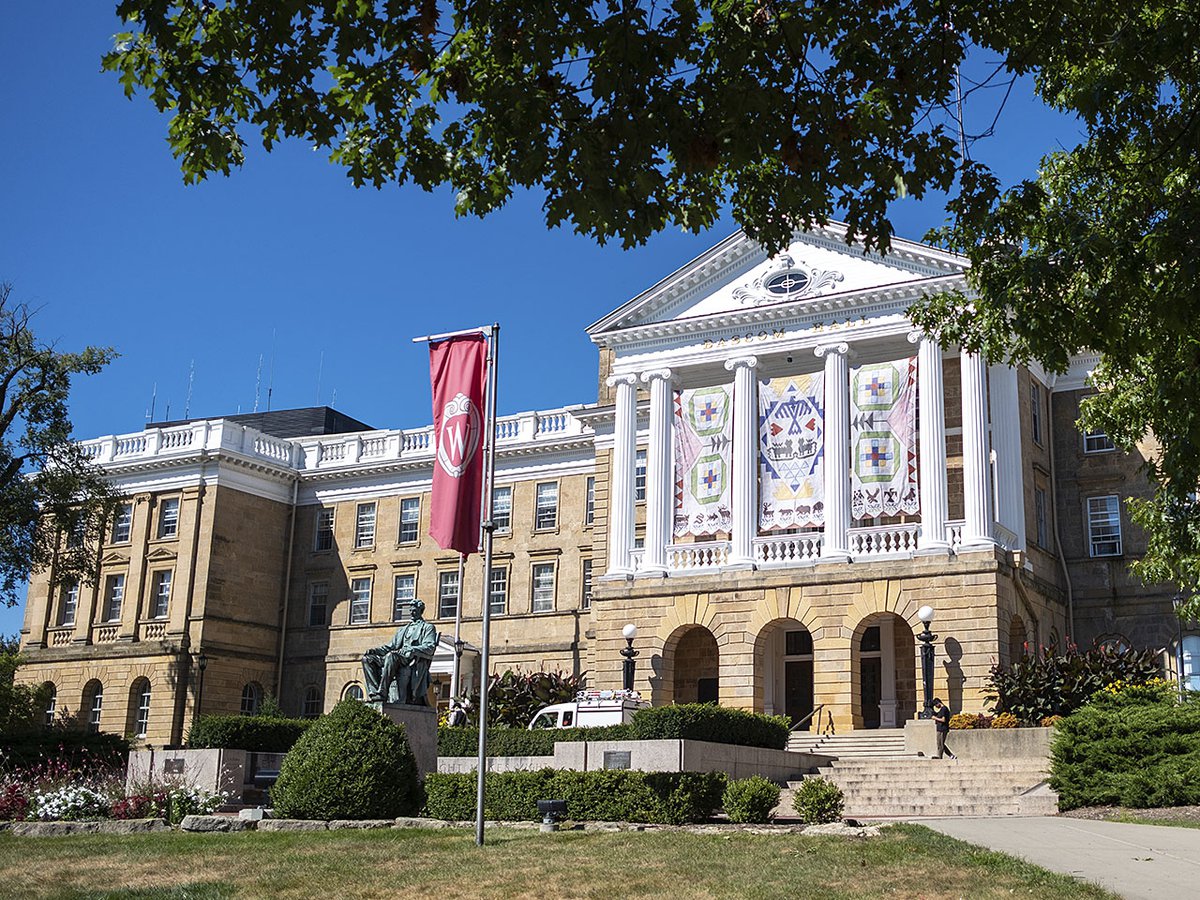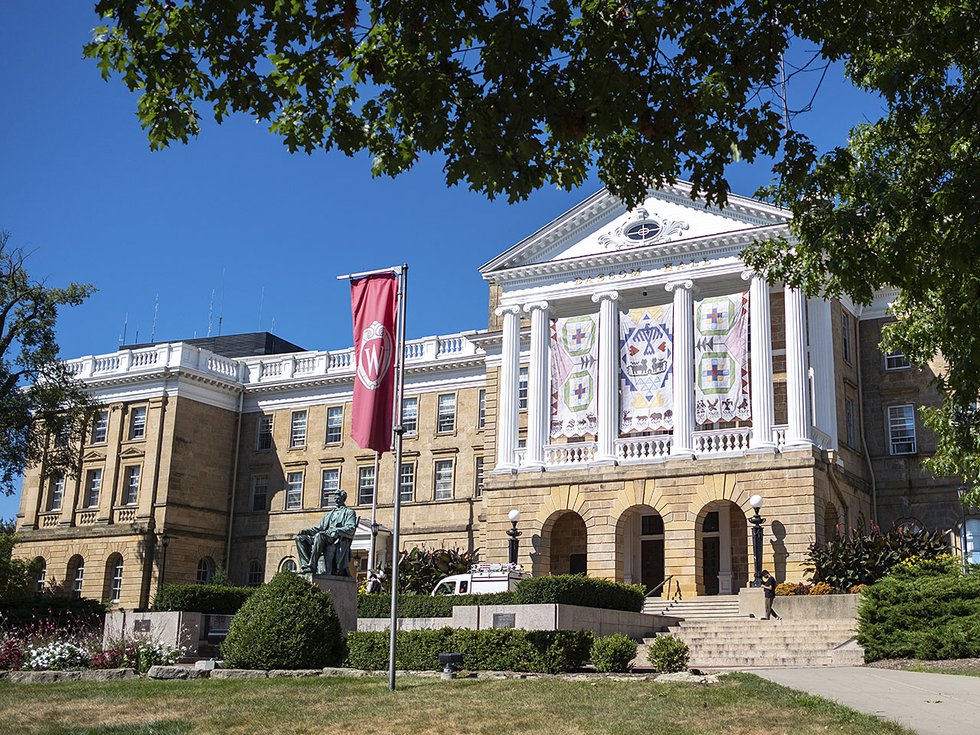School is back in session, and free speech debates are back in full force.
UW System President Jay Rothman will deliver the keynote address tomorrow at an event at the state Capitol hosted by Free Speech for Campus Inc., a Wisconsin-based campus free speech organization, the conservative-leaning Wisconsin Association of Scholars, and the UW System department Wisconsin Institute for Citizenship and Civil Dialogue.
Rothman is expected to speak for one hour and take questions from former UW-Madison professor Ryan Owens, UW-Madison Vice Chancellor for Legal Affairs Emeritus Raymond Taffora, and Medical College of Wisconsin professor Brian Volkman.
Owens identifies as a conservative and in a May conversation with Mike Nichols of the right-leaning Badger Institute said political “intolerance” toward conservatives in Madison contributed to his leaving for Florida State University. Volkman, in an interview, says he does not have a party identification, but sees himself as having “conservative or libertarian” leanings. Taffora served as the former chief counsel to Republican Gov. Tommy Thompson and a top aide to Republican Attorney General J.B. Van Hollen.
Still, Tim Higgins, Free Speech for Campus president and a 2011-18 University of Wisconsin regent, says that the nonprofit organization is “not necessarily” conservative: “We focus on individuals who are people interested in a society that is based on individual human rights, on preference for democratic systems, on evidence-based argument and discussion. That covers a whole range of political positions from liberals to conservatives.”
The Wisconsin Association of Scholars, the other group sponsoring the event, is the Wisconsin branch of the National Association of Scholars, a conservative-leaning intellectual freedom group created in 1987 to preserve “Western intellectual heritage.”
When asked what led Rothman to deliver an address at this event, UW System media relations director Mark Pitsch emailed a statement: “President Rothman was invited and is pleased with the opportunity to talk about these issues, as he has done repeatedly.”
Free speech issues have been a constant during Rothman’s tenure with the UW System, which began in June 2022. Rothman oversaw the systemwide rollout of a student free speech survey in November 2022 and was embroiled last year in a funding battle with Republican legislators over the role diversity, equity and inclusion (DEI) programming should play on UW campuses.
The role of university administration in free speech issues has become increasingly prominent this fall, in the UW System and across campuses nationwide. UW-Madison updated its protest policies in August after pro-Palestinian protesters set up camp on the Library Mall in April.
The organization invited Rothman to speak at the event, Higgins says, to find out “where he has been and where he’s going to go” on the topic of free speech. Higgins, who says he’s talked with Rothman “many times,” says he feels Rothman’s “heart is in the right place” on free speech issues. In his view, Rothman seems more enthusiastic about implementing free speech policies than other UW System and UW campus officials.
“I think that there’s a great deal of internal resistance to his adoption of free speech and civil dialogue as a pillar of his administration, and then he gets pushback from chancellors, staff members and faculty when he tries to actually move forward on some issues,” Higgins says.
In response, Pitsch says that university leaders have been “supportive of initiatives to enhance freedom of expression and civil dialogue.”
“There is broad recognition that these values are critical to the success of our public universities,” Pitsch adds.
Higgins says that universities, in his view, feel obliged to take positions on political and social issues that are not necessarily relevant to the academic mission of the university. Professors and students who disagree with such positions often feel “ostracized” or “punished,” Higgins adds.
It’s an issue that led the UW System to adopt an institutional statement policy that restricts institutional statements from universities largely to events that directly affect university operations. If the statement references “political or social controversy,” the policy says, it should remain neutral in viewpoint. On Sept. 13, UW-Madison adopted its own institutional statement policy that adheres to the UW System’s policy.
Volkman says he hopes to ask Rothman at the event about whether he’s verified that universities are complying with a May 2023 mandate that banned mandatory diversity statements in UW System and campus hiring, and if that policy has resulted in any change in the viewpoints of UW faculty.


